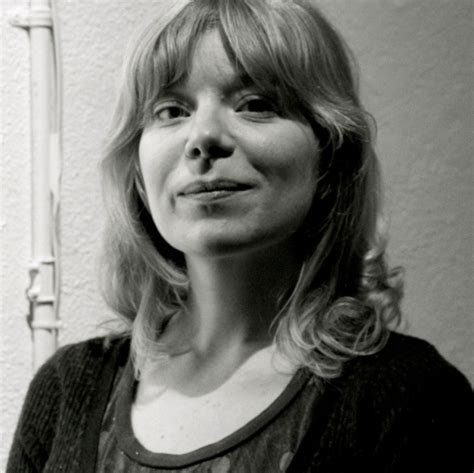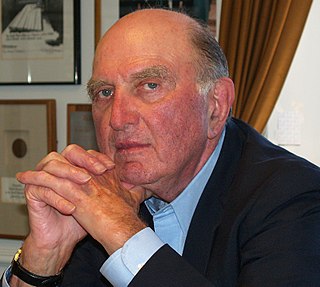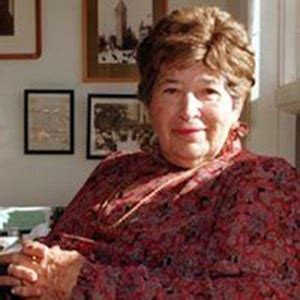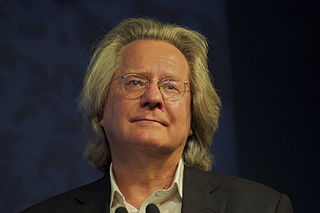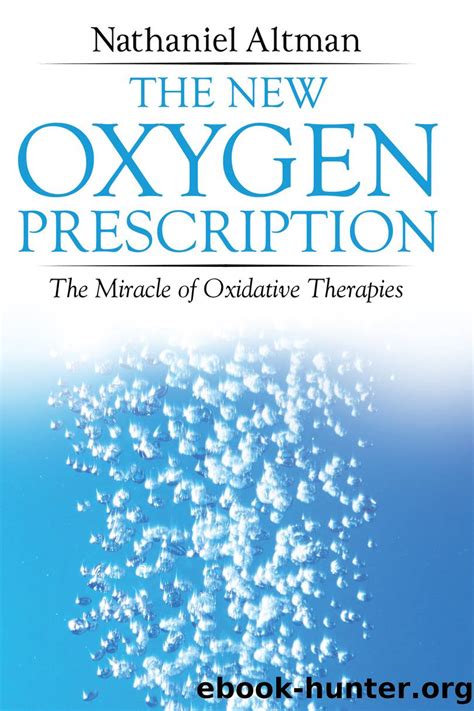A Quote by Stephen Fry
Humanism is an approach to life which encourages ethical and fulfilling living on the basis of reason and humanity, and rejects superstition and religion. The most immediate impact of living as a Humanist is that we believe this life is all there is - so what we do and the choices we make really count.
Related Quotes
When you’re living by default, you’re automatically reacting to life in habitual ways, many of which may be limiting you and your life. In contrast, living deliberately means making more conscious and constructive life choices. When you’re living deliberately, you’re living from a position of responsibility; you’re making choices with greater awareness. You’re taken yourself off autopilot, so you’re better prepared to align your actions with the results you want to achieve.
I see many people die because they judge that life is not worth living. I see others paradoxically getting killed for the ideas or illusions that give them a reason for living (what is called a reason for living is also an excellent reason for dying). I therefore conclude that the meaning of life is the most urgent of questions.
In contemporary society secular humanism has been singled out by critics and proponents alike as a position sharply distinguishable from any religious formulation. Religious fundamentalists in the United States have waged a campaign against secular humanism, claiming that it is a rival "religion" and seeking to root it out from American public life. Secular humanism is avowedly non-religious. It is a eupraxsophy (good practical wisdom), which draws its basic principles and ethical values from science, ethics, and philosophy.
"Humanism" is to be human, to think, to analyze, and to probe. To respond and to be stimulated by all living things - beasts, fowl, and fishes. To respond through touch, sight, smell, and sound to all things in nature - both organic and inorganic-to colors, shapes, and textures - to not only look at a blade of grass but to really see a blade of grass. These things, to me, are what life and living are all about. I would call it "Humanism."
Science has taught us to lengthen life. Now we must learn to make a longer life worth living. Older people deserve choices that let us live out our days as we wish. We've seen people making such choices all over America, and we realize what we might have known from the start: For most of us, there really is no place like home.
Socrates famously said that the unconsidered life is not worth living. He meant that a life lived without forethought or principle is a life so vulnerable to chance, and so dependent on the choices and actions of others, that it is of little real value to the person living it. He further meant that a life well lived is one which has goals, and integrity, which is chosen and directed by the one who lives it, to the fullest extent possible to a human agent caught in the webs of society and history.
The Jain religion in India teaches that because all life is essentially interrelated and interconnected, all living beings should be considered sacred and be respected. This belief forms the basis of the doctrine of ahimsa, which has been translated into English variously as "reverence for life," "nonviolence," and "dynamic compassion."
When we generally make healthy choices about food (or wise choices about life), we tend to move in the right direction, living as we believe God wants us to live. If we make an intentional exception for a special treat or for a diversion, that might not be a big deal. But if we step off the best path, we're tempted to detour into more unwise choices. In that case, your decision does matter.

